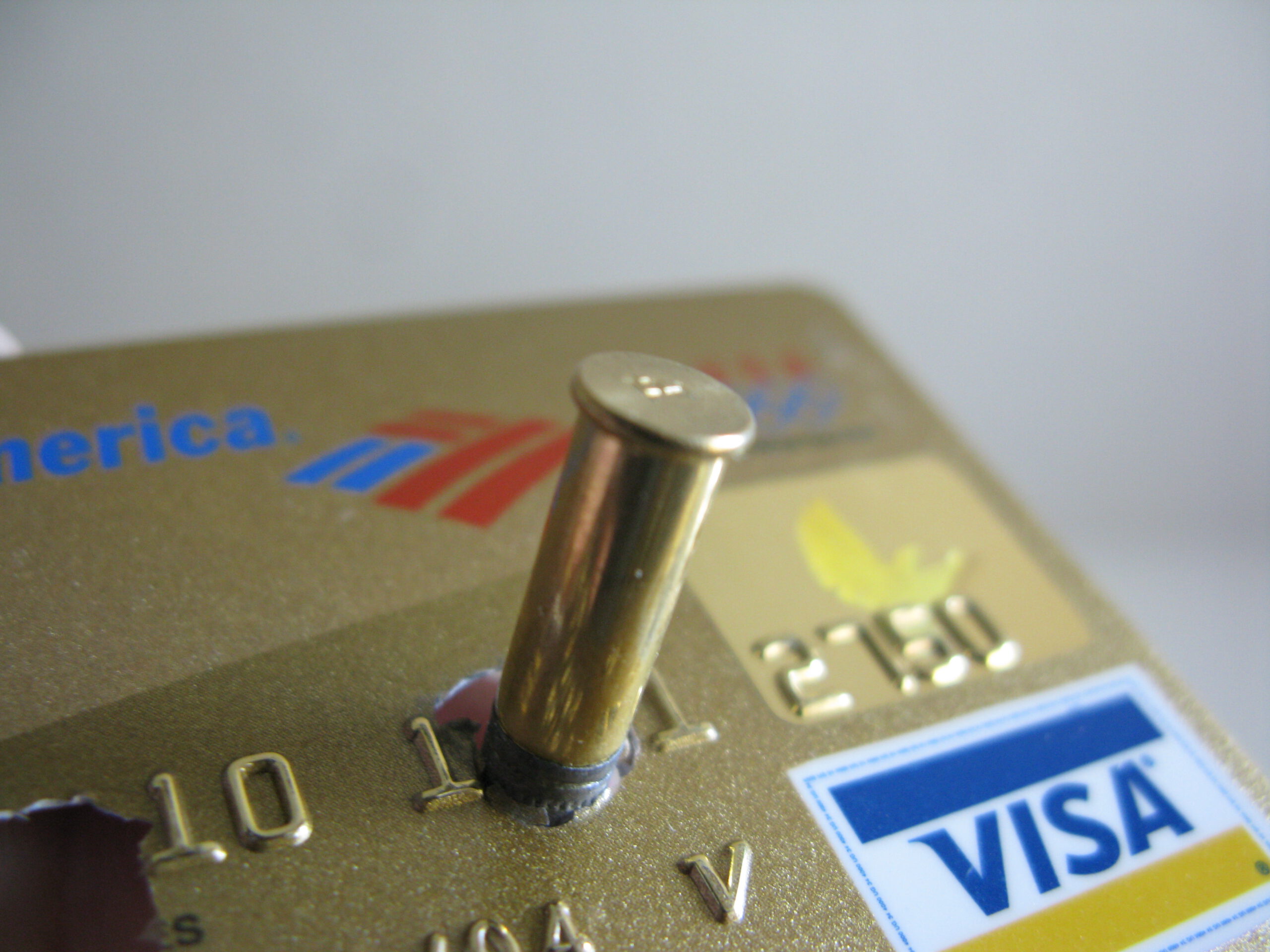Credit Card Myths Debunked
Carrying a Balance Improves Credit Scores
A common misconception is that carrying a balance on your credit card can boost your credit score. In reality, this is far from the truth. Paying off your balance in full each month is actually more beneficial for your credit score. When you carry a balance, you incur interest charges that can add up over time, costing you more money in the long run. Think of it like a snowball rolling downhill; the further it goes, the bigger it gets. Similarly, interest charges can quickly accumulate, making it harder to pay off your debt. By paying your balance in full, you not only avoid these charges, but you also demonstrate responsible credit usage, which is a key factor in credit score calculations.
Closing Old Cards Boosts Your Credit Score
Another myth is that closing old credit cards will automatically boost your credit score. In fact, doing so can have the opposite effect. Your credit score takes into account the length of your credit history, and by closing an old account, you reduce this history. Additionally, closing a card limits your available credit, which can negatively impact your credit utilization ratio. Imagine your credit limit as a pie; removing a slice makes the rest of the pie seem larger. Similarly, reducing your available credit makes your existing debt appear larger in comparison, which can lower your score. Keeping old credit cards open, even if you don’t use them often, can maintain a longer credit history and a healthier credit utilization rate.
You Need to Use Your Credit Card Frequently to Keep It Active
Many people believe that they must use their credit card frequently to keep it active. While it’s true that some lenders may close inactive accounts, this doesn’t mean you need to use your card all the time. Infrequent use is perfectly fine, but it’s a good idea to make small purchases occasionally to keep the account open. Think of it as watering a plant; it doesn’t need water every day, but occasional watering keeps it alive. Using your card for small, manageable purchases ensures that your account remains active without accumulating unnecessary debt. Just remember to pay off the balance promptly to avoid interest charges.
Applying for Multiple Credit Cards Is Always Bad for Your Credit
The idea that applying for multiple credit cards will always hurt your credit score is a common myth. While it’s true that each application results in a hard inquiry, which can temporarily lower your score, the impact is usually minimal. Responsible use of multiple cards can actually improve your credit score over time. By spreading your purchases across several cards, you can lower your credit utilization ratio, which is a significant factor in your credit score. Think of it as spreading out the weight on a bridge; distributing the load evenly makes the structure more stable. Similarly, managing multiple cards responsibly can strengthen your credit profile.
A Higher Credit Limit Is Dangerous
Many people assume that a higher credit limit is inherently dangerous, leading to overspending and debt. However, a higher limit can actually be beneficial if used responsibly. It can help reduce your credit utilization ratio, which positively affects your credit score. Imagine your credit limit as the size of a bottle and your spending as the liquid inside; a larger bottle means more room for the same amount of liquid, making it appear less full. Similarly, a higher credit limit means your existing debt takes up a smaller percentage of your available credit, which is good for your score. The key is to manage your spending and remain within your means.
All Credit Cards Have High-Interest Rates
There’s a widespread belief that all credit cards come with high-interest rates. While some cards do have steep rates, especially those targeted at individuals with poor credit, many options cater to people with excellent credit, offering low APRs. Some credit cards even provide 0% introductory rates on purchases or balance transfers for a limited time. Think of these as promotional offers that entice customers with attractive terms. By shopping around and comparing offers, you can find a card with an interest rate that suits your needs. It’s essential to read the fine print and understand the terms to make the most of these offers.
You Should Avoid Credit Cards to Stay Out of Debt

Another common myth is that avoiding credit cards altogether is the best way to stay out of debt. While it’s true that reckless credit card usage can lead to debt, these financial tools also offer significant benefits when used wisely. Credit cards help build credit history, earn rewards, and provide fraud protection. Think of a credit card like a car; it can be dangerous if used carelessly, but it offers convenience and utility when operated responsibly. By paying off your balance each month and avoiding unnecessary purchases, you can enjoy the advantages of credit cards without falling into debt.
Credit Cards Are Only for Big Purchases
Finally, there’s a belief that credit cards should only be used for big-ticket items. However, small, regular purchases on a credit card can also help build credit and earn rewards. Think of it like planting seeds; small actions can grow into something significant over time. By using your credit card for everyday expenses, you can demonstrate responsible credit usage and gradually improve your credit score. The key is to pay off the balance in full each month to avoid interest charges. This way, you can reap the benefits of rewards programs without incurring additional costs.



